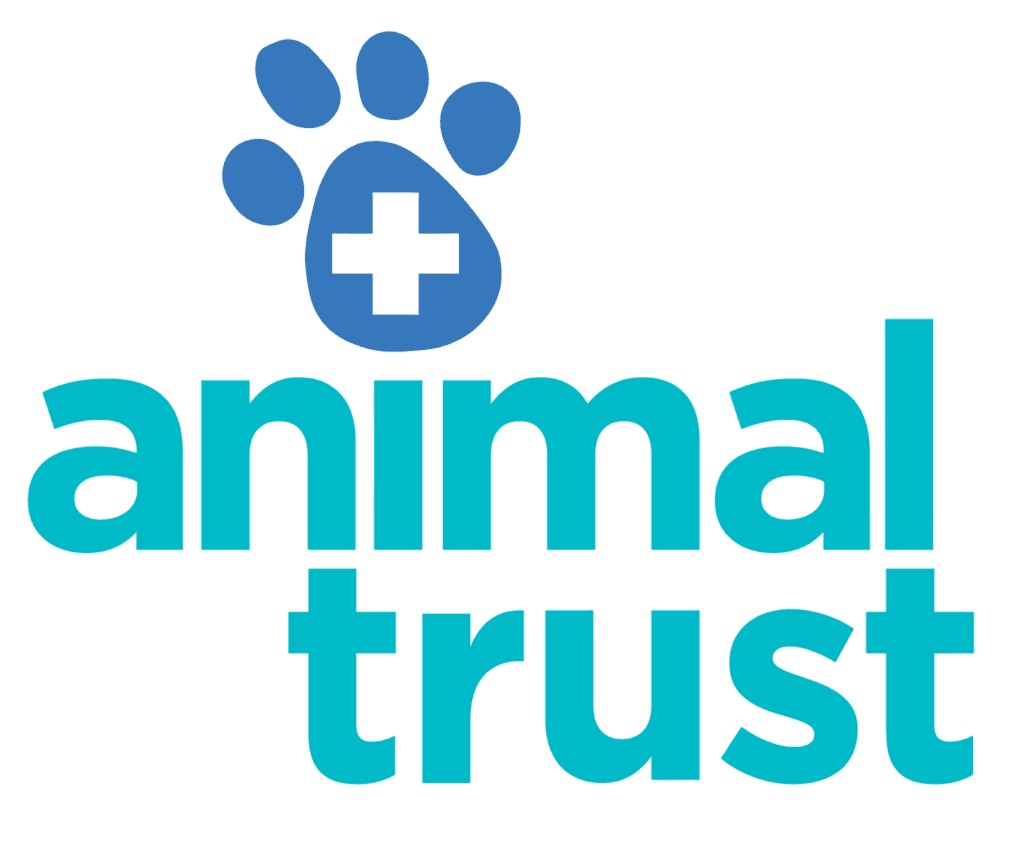
What is Brachycephalic Obstructive Airway Syndrome
Which breeds are affected by BOAS?
Brachycephalic Obstructive Airway Syndrome (BOAS) is a respiratory condition affecting flat-faced (brachycephalic) breeds like Pugs, French Bulldogs, and English Bulldogs. It's characterised by breathing difficulties due to narrowed airways caused by the breed's skull conformation.
This leads to various issues, including:
narrowed nostrils: the nostrils are often constricted, making it harder for air to enter the nasal passages.
elongated soft palate: the soft palate at the back of the mouth can be too long, blocking the entrance to the windpipe.
narrowed windpipe: the windpipe itself can be narrower than in other breeds.
everted laryngeal saccules: in some cases, tissues inside the larynx (voice box) can be pulled into the airway, further obstructing airflow.
Written by Dr. Mariella Roberts, Veterinary Surgeon, Animal Trust Vets CIC | Published August 2025 | Review date August 2027 | This advice is for UK pets only and is not a replacement for seeing a vet

Symptoms of BOAS
noisy breathing, such as snoring, snorting, and wheezing
difficulty breathing, especially during exercise or in hot weather
excessive panting
exercise intolerance
fainting or collapse due to lack of oxygen
vomiting or regurgitation
When to contact your vet
If you notice any symptoms above and especially if breathing is very difficult or your dog collapses or faints, this is an emergency situation which requires immediate vet attention
Diagnosis
Treatment Options for BOAS
Surgical treatment:
nostril widening surgery to improve airflow into the nasal passages
soft palate shortening surgery to shorten and thin the palate
laryngeal saccule removal in the larynx (voice box) may need to be removed sometimes
tonsil removal if the tonsils are enlarged and obstructing airflow
Medical management:
weight management to avoid obesity
environmental control to minimise breathing distress
medications such as bronchodilators and anti-inflammatory drugs may be prescribed to help with breathing difficulties and inflammation
treatment for acid reflux for some dogs maybe required with medications and diet adjustments
Preventing BOAS
Responsible breeding will help reduce the prevention of this condition in dogs, as BOAS is an inherited condition also avoid breeding dogs with severe BOAS
Maintain a healthy weight, obesity can worsen BOAS symptoms, so manage your dog's weight through proper diet and exercise
Avoid overexertion, be mindful of your dog's limitations and avoid strenuous activities, especially in hot or humid weather
Minimise heat and humidity exposure.
Use a harness instead of a collar to avoid putting pressure on the neck and airway.
Outlook
Early intervention, particularly surgery, leads to a better outlook. While some dogs can live relatively normal lives with mild BOAS, others may experience severe respiratory distress and secondary health issues. Early diagnosis and treatment are crucial to prevent disease progression and improve quality of life.
